Boiled chicken is a traditional dish that is indispensable on the Vietnamese New Year's Eve tray. Chicken belongs to the protein group so it can easily spoil if not preserved properly.
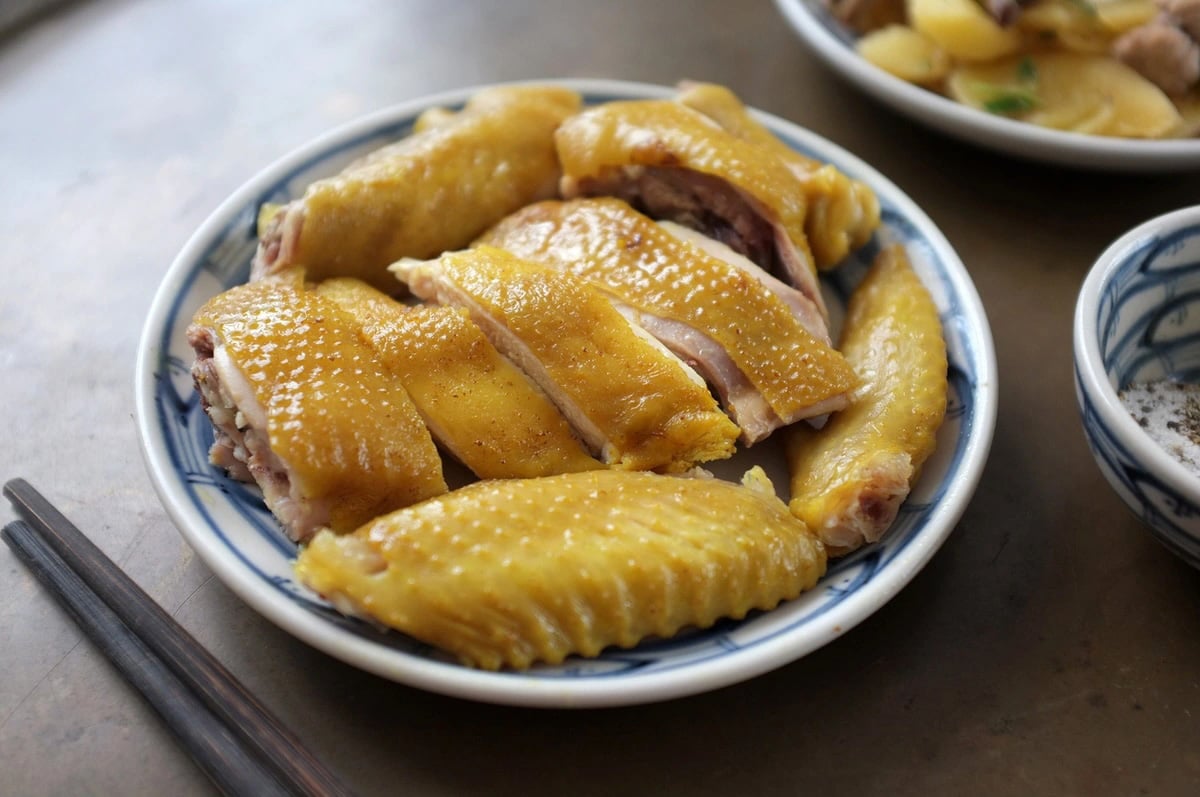
Delicious boiled chicken, crispy skin, cut skillfully so that every piece has skin - Photo: CHÁNH NIỆM
Speaking with Tuoi Tre Online , Dr. Ho Hong Thuy - University of Medicine and Pharmacy Hospital, Ho Chi Minh City (branch 3) - said that boiled chicken is an indispensable traditional dish on the Vietnamese New Year's Eve tray.
However, chicken meat is very susceptible to bacterial contamination if not properly preserved, leading to health risks.
Below are important tips to help preserve boiled chicken safely, retaining its flavor and nutritional value during Tet.
Tips for cooking chicken to preserve it longer
Choose fresh and clean chicken, choose chicken from a reliable source; the chicken meat must be fresh, have no strange smell, smooth skin, and no bruises.
Clean the chicken thoroughly, removing all feathers and organs, especially areas that are susceptible to infection such as the oil glands in the chicken's tail.
Boil chicken properly: Boil thoroughly, chicken should be boiled until the meat is fully cooked, there is no red blood left in the bones or broth.
When boiling, add salt or ginger, lemon leaves to the boiling water to increase antibacterial ability and keep the chicken delicious.
Cool properly: After boiling, let the chicken cool naturally in a cool environment.
Do not put hot chicken in a box or refrigerator immediately.
Store in the refrigerator: keep chicken in the refrigerator if using within 1-2 days, temperature from 0-4 degrees Celsius.
Wrap the chicken tightly with plastic wrap or put it in a sealed container to avoid exposure to air and prevent cross-contamination of bacteria.
For freezer, if you want to preserve it for longer (3-7 days), chicken needs to be frozen at -18°C.
Remember to cut the chicken into small pieces, wrap tightly in a zip bag or specialized plastic box to avoid dehydration or freezing.
Use chicken broth: Keep the meat in broth to prevent the chicken from drying out and increase the preservation time, you can keep the chicken submerged in broth. Cover and store in the refrigerator. Before using again, boil the broth to kill bacteria.
Tips for safe use of boiled chicken: Check before use, observe the color. If fresh chicken is usually light yellow, not discolored or bruised.
Spoiled chicken often has a sour, fishy or unpleasant smell. If the surface of the chicken meat feels slimy and no longer firm when touched, it should not be used.
Reheat properly: Boil chicken before eating, especially if it has been refrigerated. Avoid reheating more than once as this will destroy nutrients and increase the risk of bacterial contamination.
Mistakes to avoid when storing boiled chicken
According to Dr. Thuy, do not leave boiled chicken at room temperature for too long, specifically more than 2 hours, because it can easily become contaminated, especially in hot weather.
Do not use regular plastic bags because they are not airtight and can expose the chicken to bacteria, leading to rapid spoilage.
Also, avoid storing chicken with raw or strong-smelling foods (such as fish or shrimp) to avoid cross-contamination.
If you have leftover boiled chicken, you can use it to make new dishes such as shredded chicken mixed with vegetable salad, chicken soup with vermicelli or chicken soup, fried chicken with lemongrass and chili or sweet and sour chicken sauce.
Don't cook with too much oil - this makes the food difficult to digest and is not good for your health.
Pay attention to hand and tool hygiene: When handling chicken, wash your hands thoroughly and clean tools such as knives and cutting boards to prevent the spread of bacteria.
Although refrigeration is good for preservation, chicken should be consumed within a short period of time to ensure quality and nutrition.
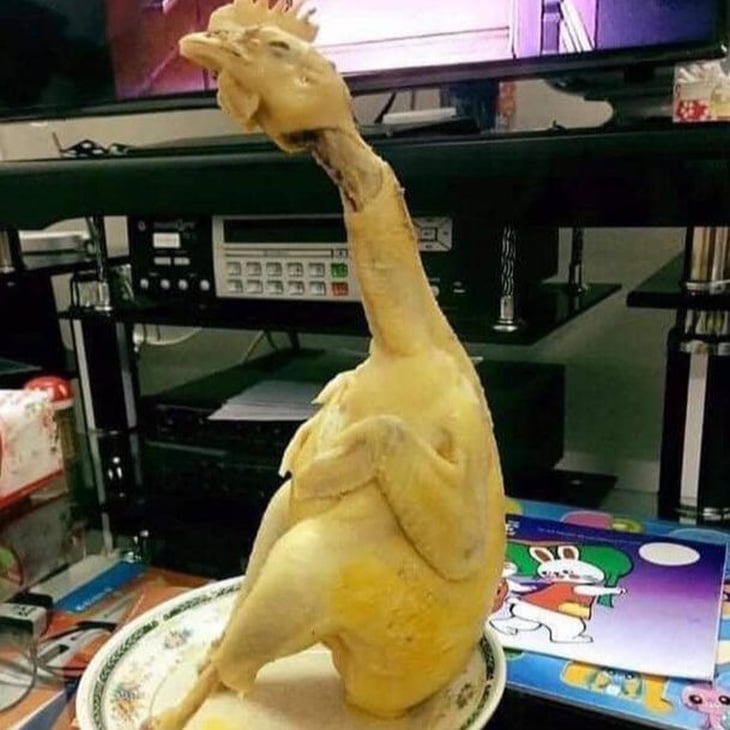 The bride shows off her 5-year 'achievement' of boiling chicken
The bride shows off her 5-year 'achievement' of boiling chickenSource: https://tuoitre.vn/cach-bao-quan-ga-luoc-van-giu-duoc-vi-ngon-da-gion-an-toan-suc-khoe-20250127144556317.htm



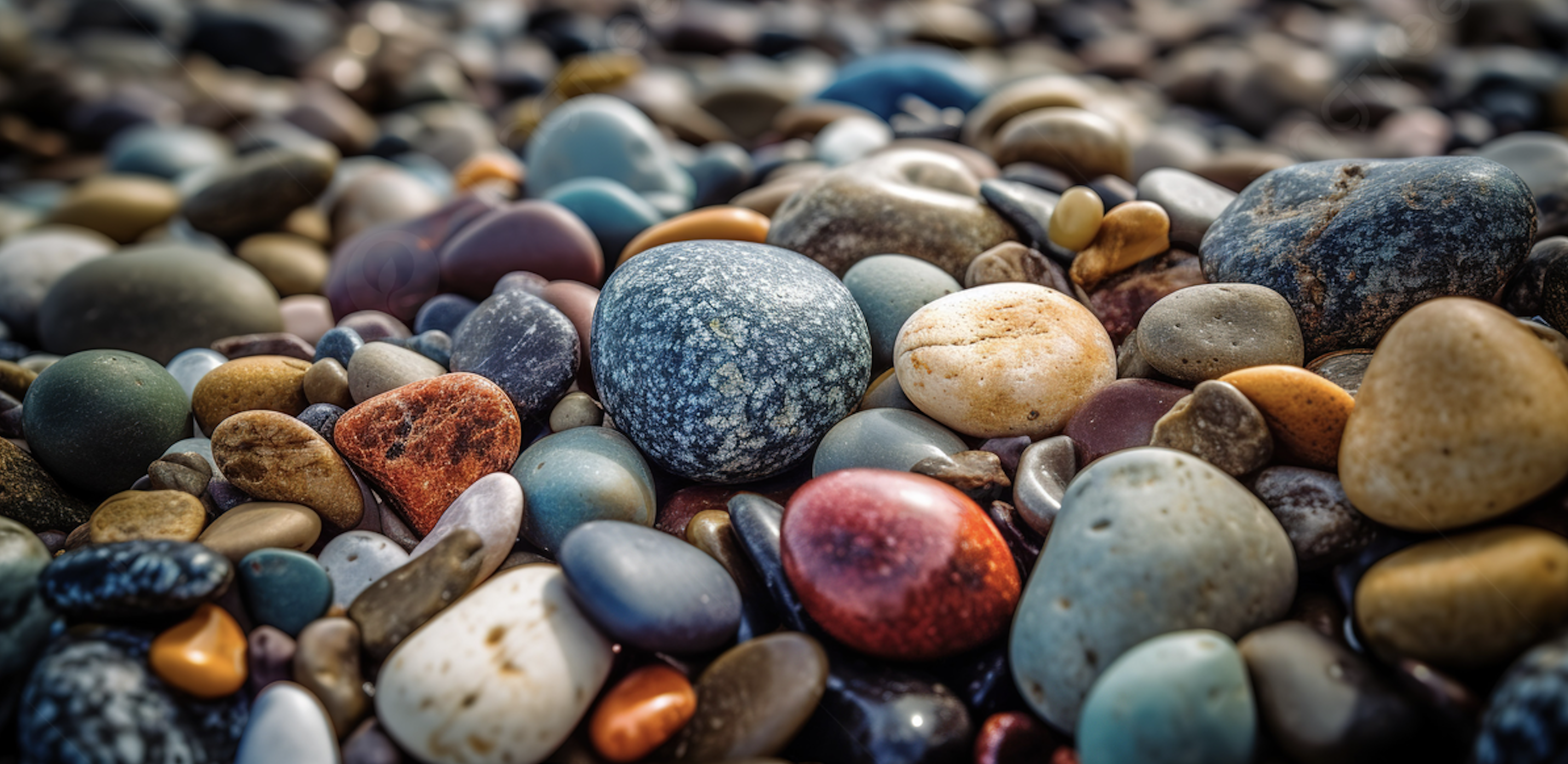





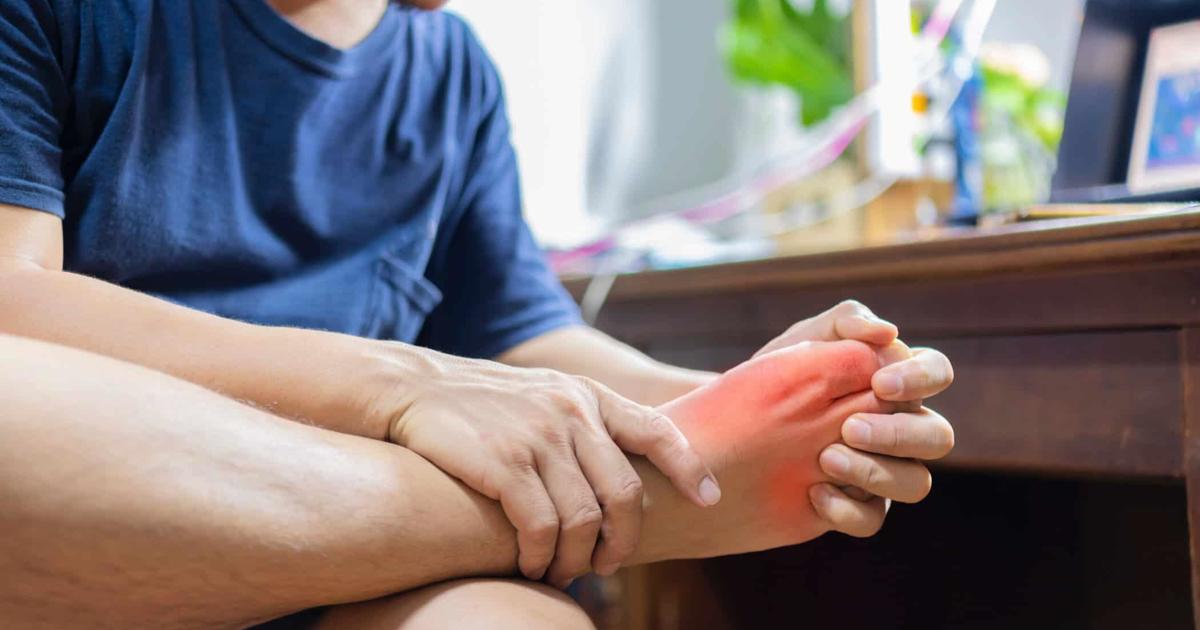


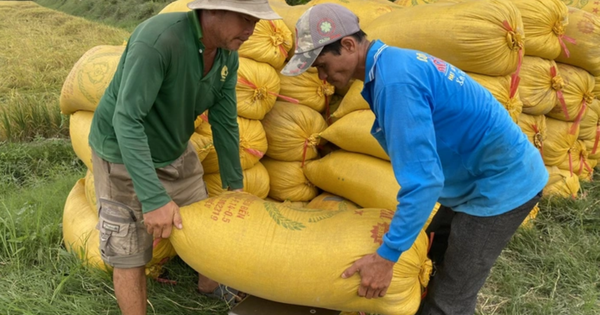


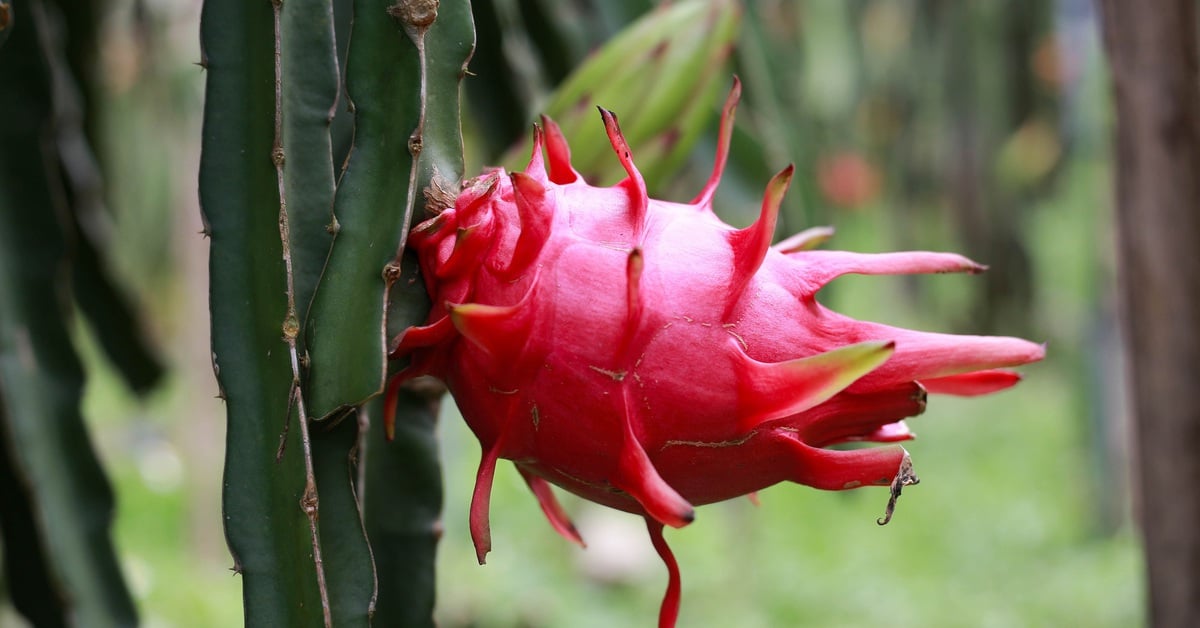
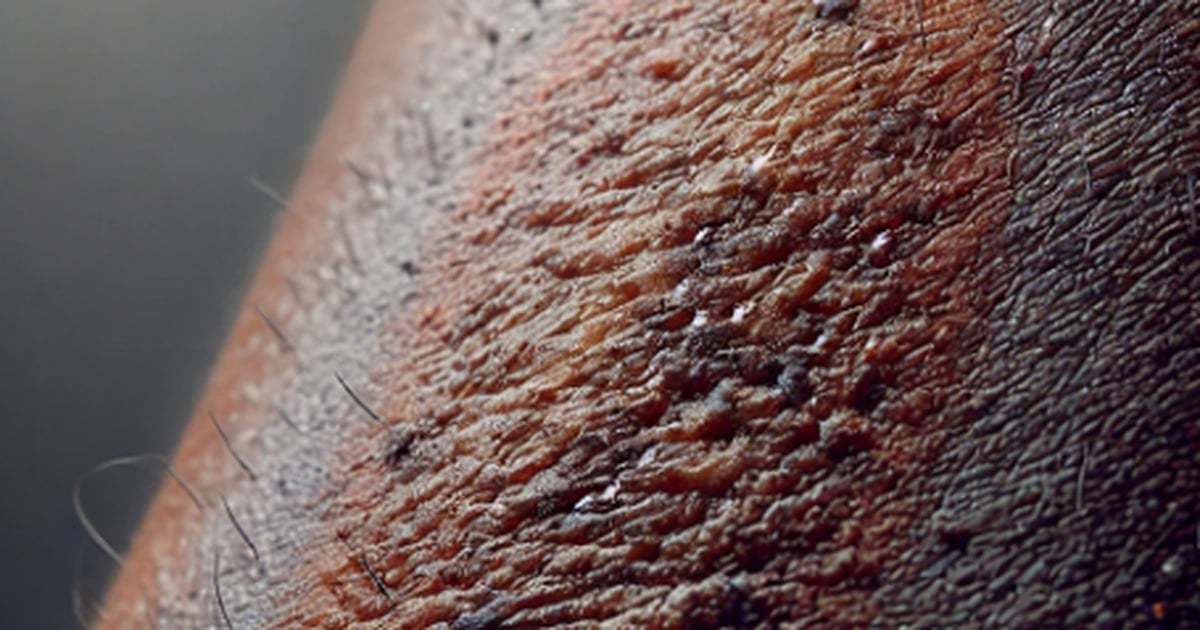



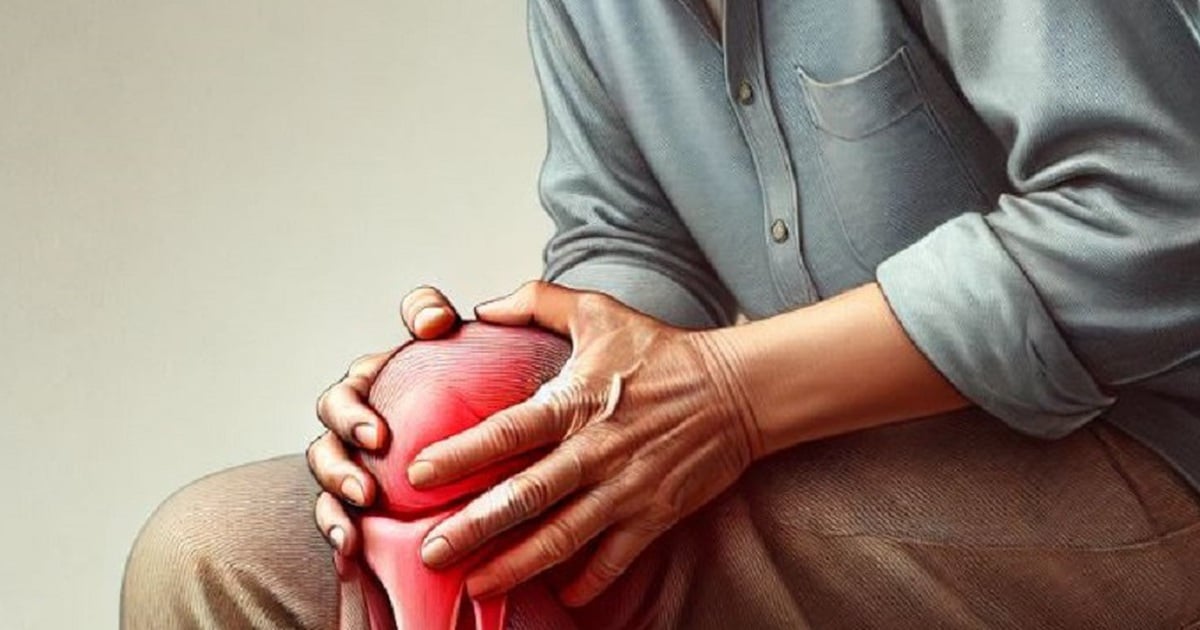
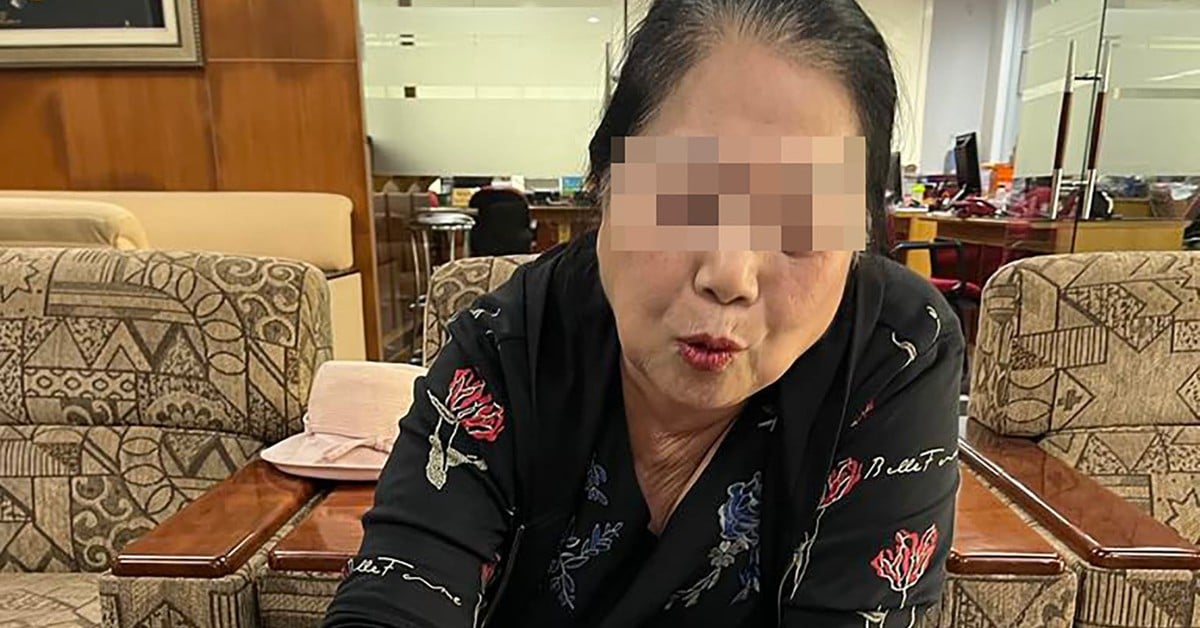
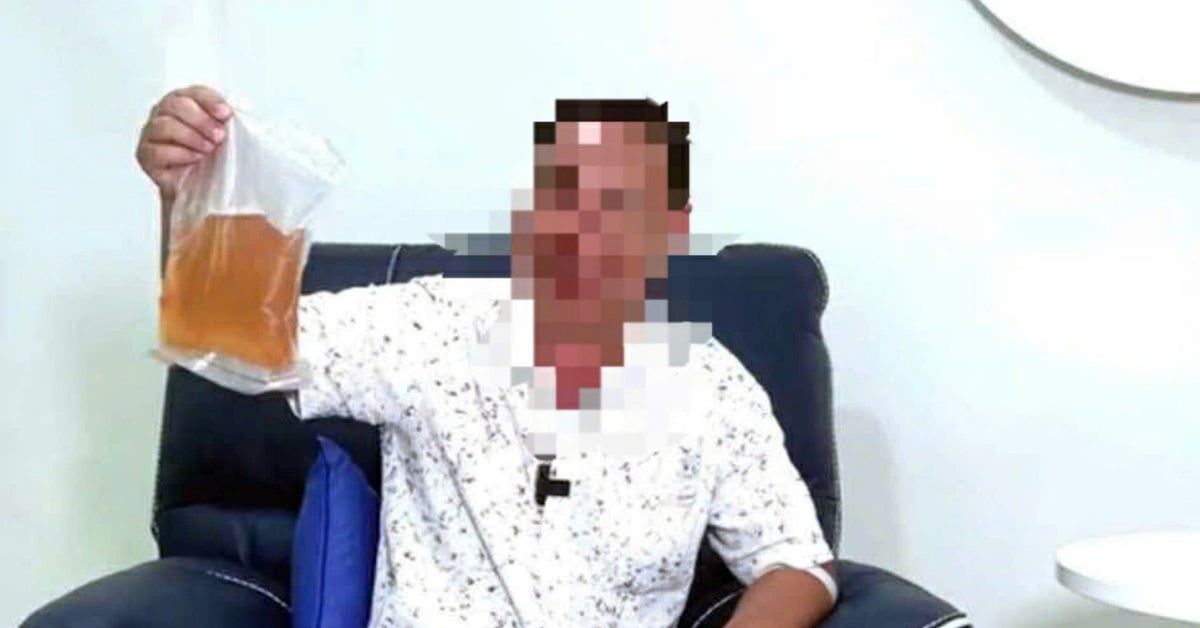


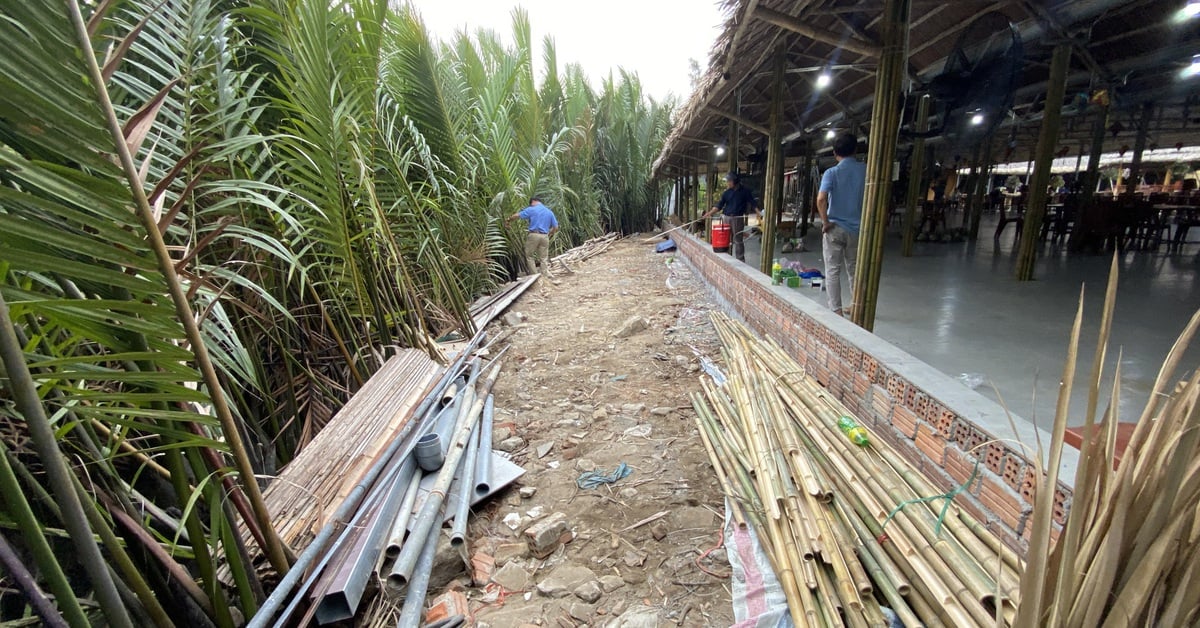


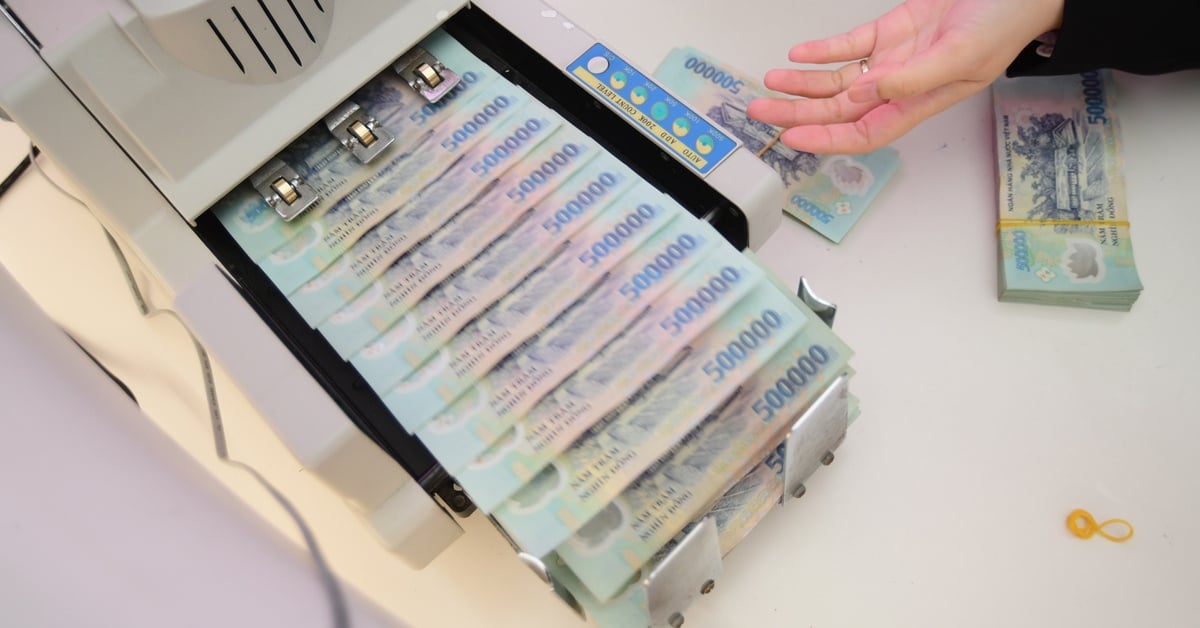


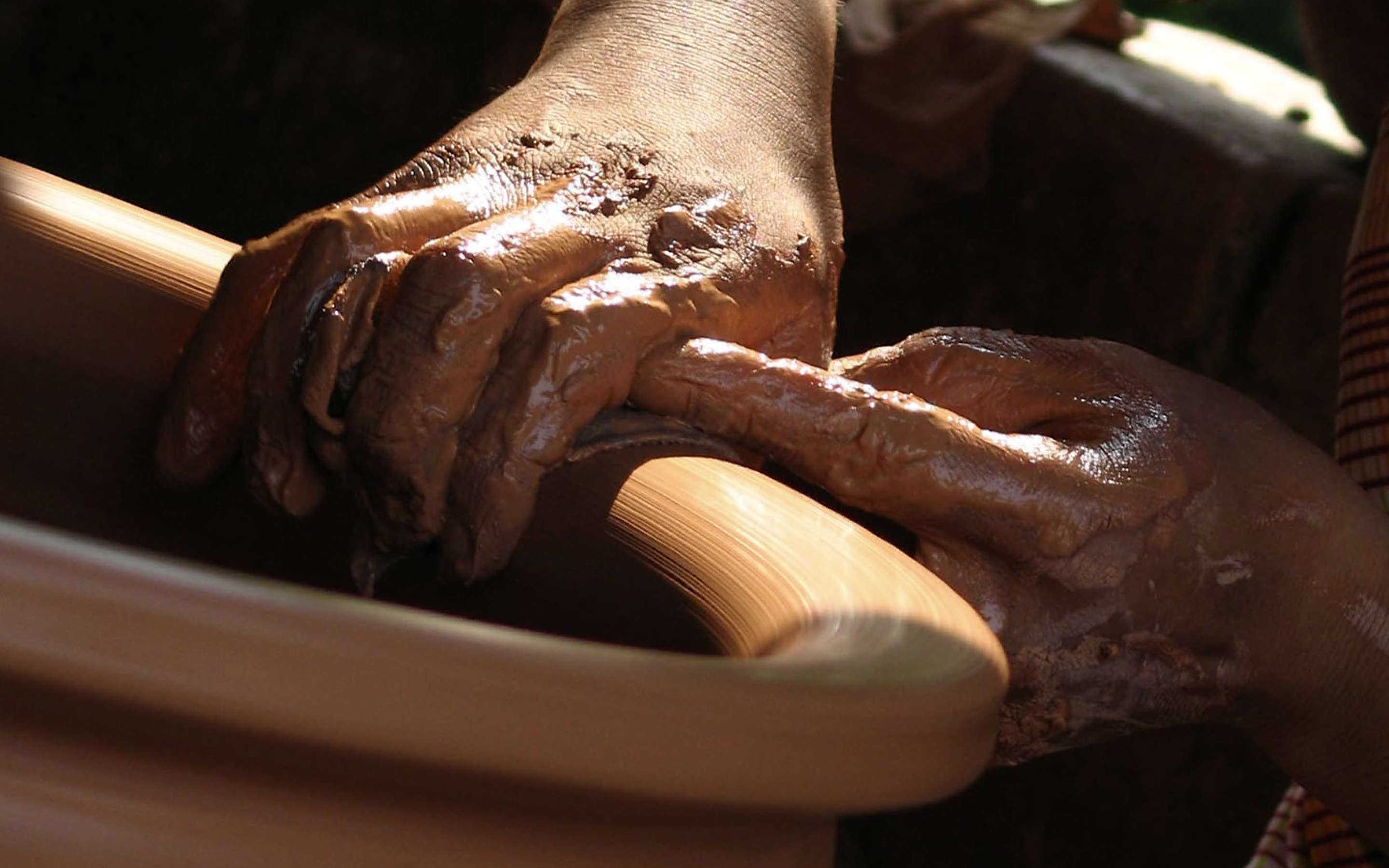



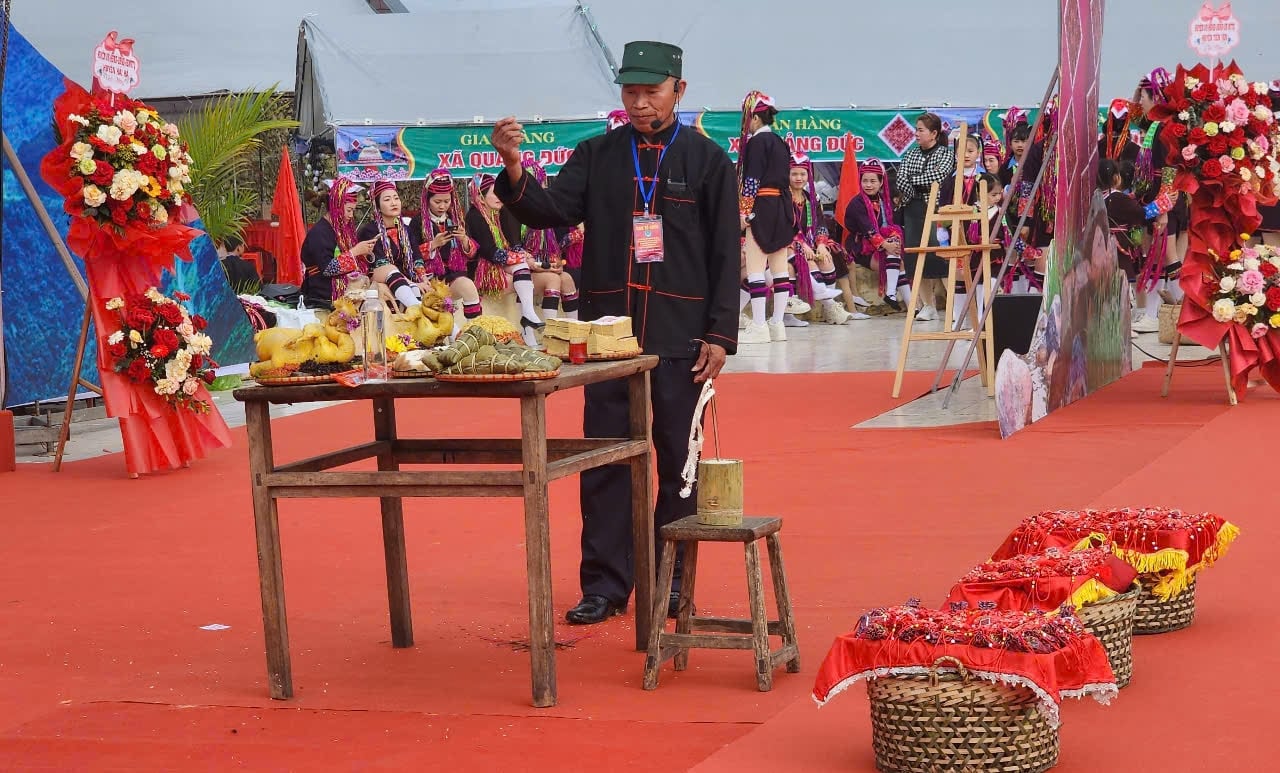






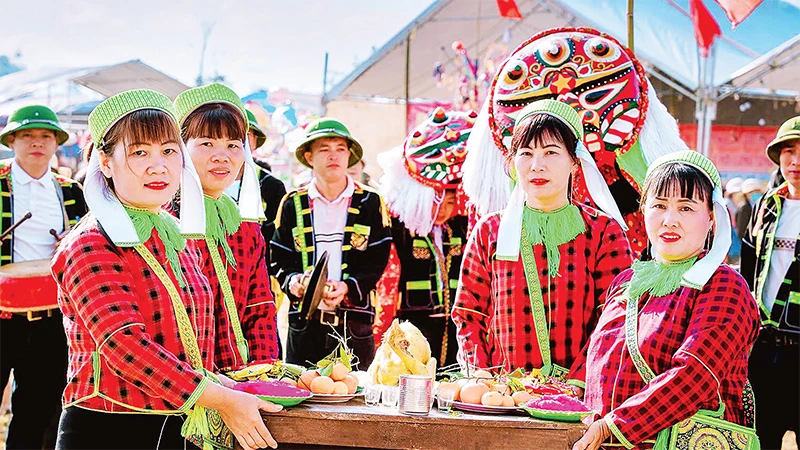

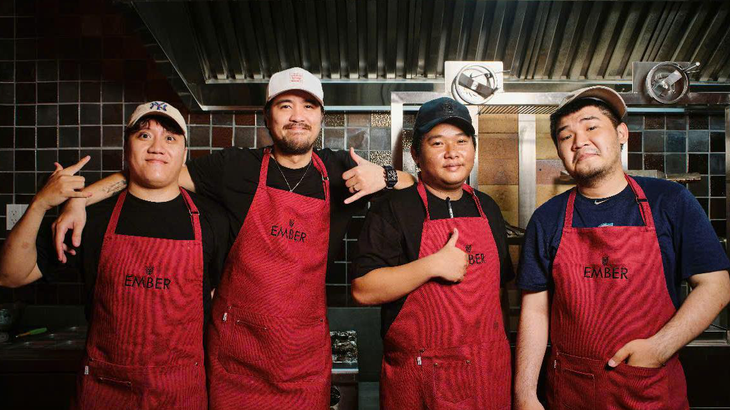






































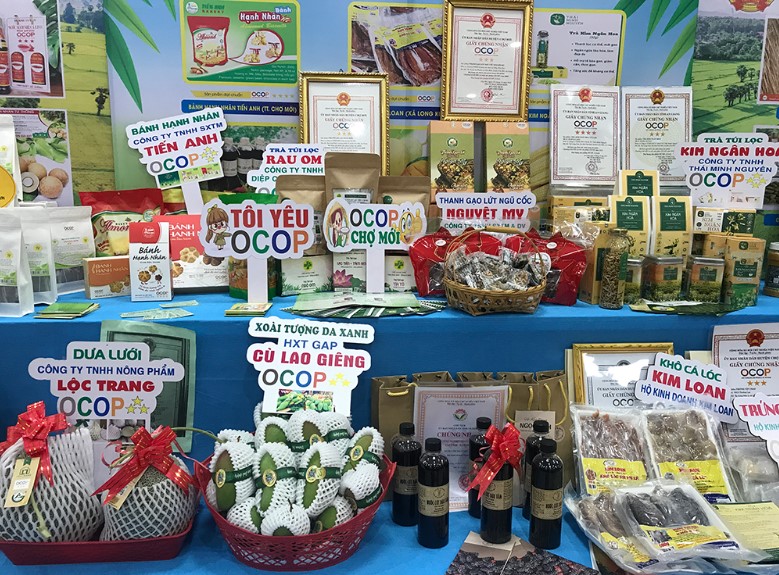



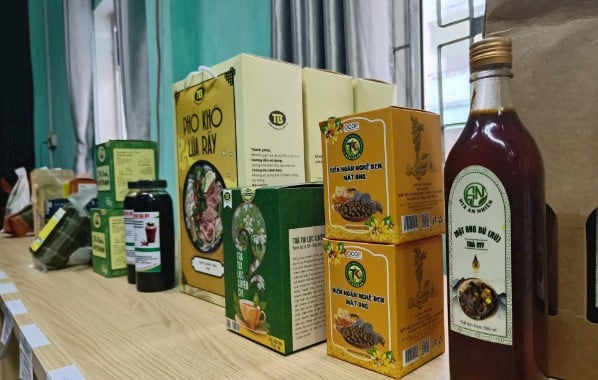


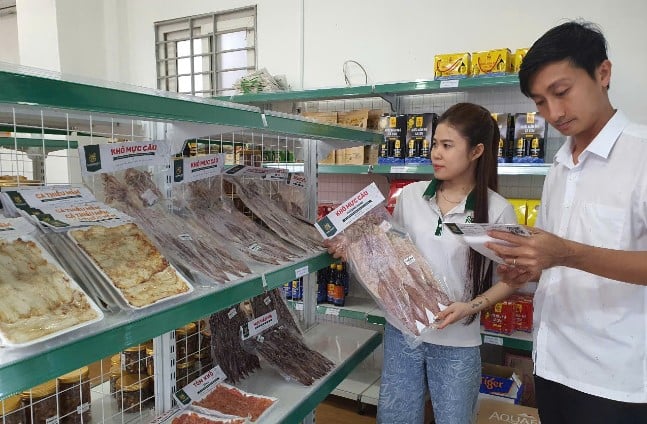

Comment (0)